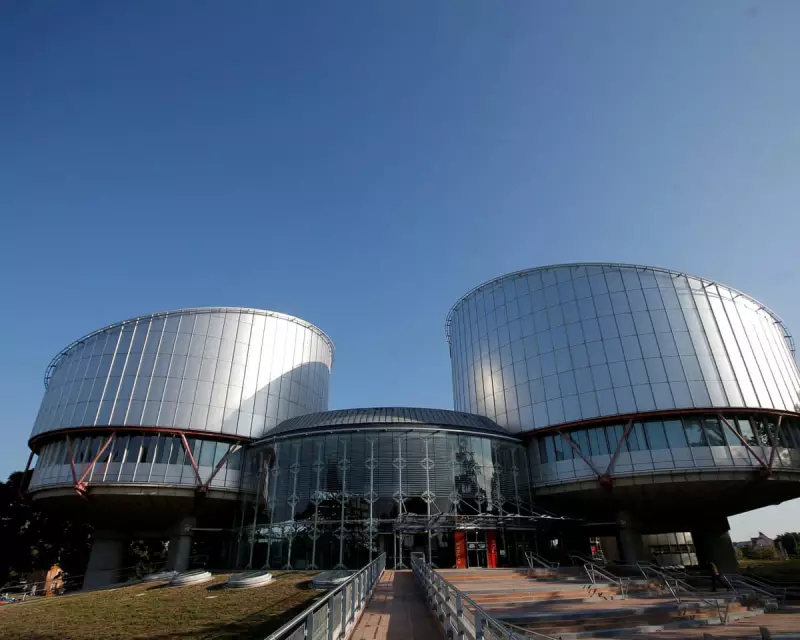
The UK government's escalating rhetoric against the European Convention on Human Rights (ECHR) is not merely a post-Brexit power play—it’s a calculated assault on judicial independence and the foundations of the rule of law. By framing the ECHR as an obstacle to national sovereignty, ministers are diverting attention from a far more dangerous agenda: weakening legal safeguards that protect citizens from arbitrary state power.
Why the ECHR Matters
The ECHR, established in the aftermath of World War II, serves as a critical check on government overreach. Its rulings have protected individuals from unlawful detention, discrimination, and abuses of power. Yet, recent government statements paint the Convention as an intrusive foreign imposition, ignoring its role in upholding fundamental rights.
The Real Target: Judicial Independence
Behind the political posturing lies a deeper threat. By undermining the ECHR, the government seeks to erode the authority of courts to hold executive power to account. This isn’t about reclaiming sovereignty—it’s about dismantling the legal frameworks that prevent authoritarianism.
A Slippery Slope
History shows that when governments weaken judicial oversight, democracy suffers. The UK’s legal system has long been admired for its fairness and impartiality. Attacking the ECHR risks setting a dangerous precedent, where political expediency trumps justice.
What Comes Next?
If the government succeeds in marginalising the ECHR, the consequences could be far-reaching. From workers' rights to privacy protections, the erosion of legal safeguards would leave citizens vulnerable to unchecked state power. The question isn’t just about the ECHR—it’s about what kind of democracy the UK wants to be.





